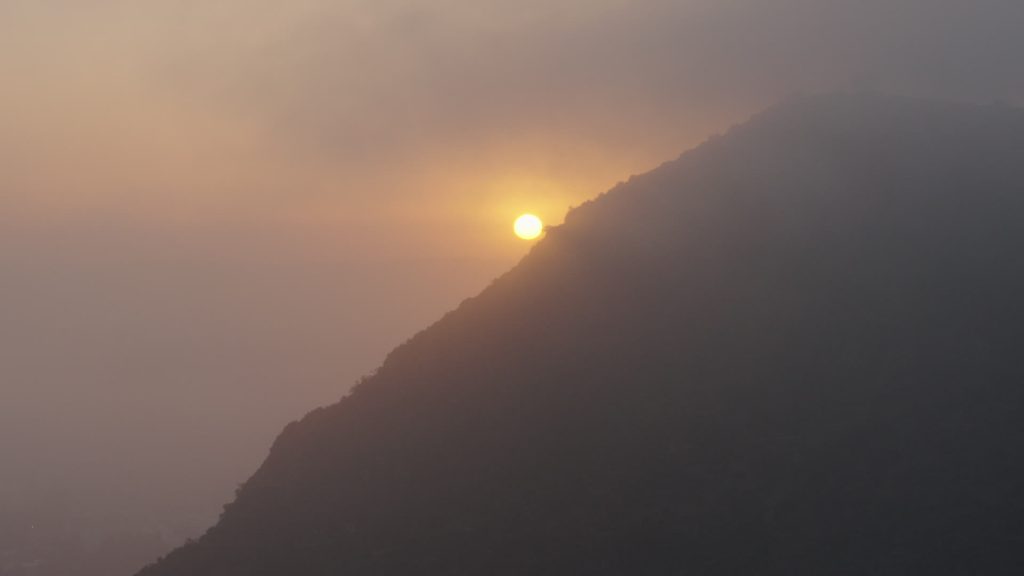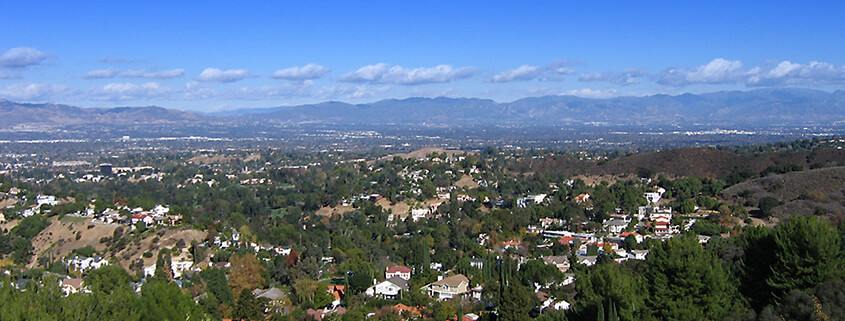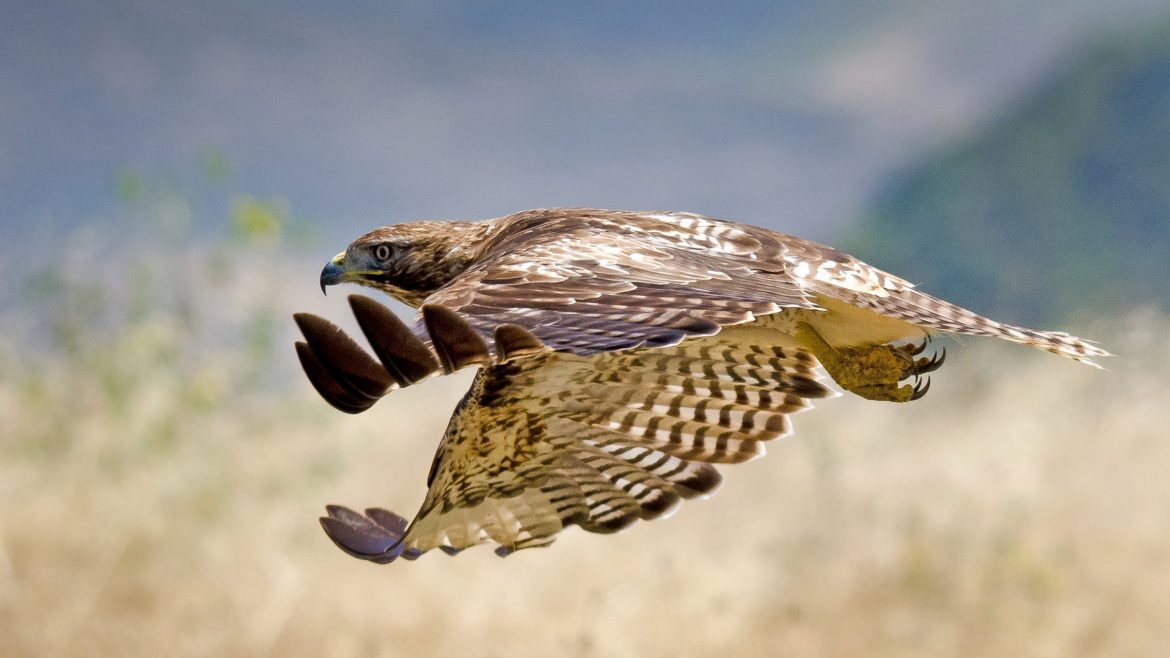A falcon hovers over the field. Brown hillsides, rounded peaks, and the dark wall of the canyon beyond town stand out in breathtaking relief in the late afternoon sun. As the falcon masterfully employs the wind to remain stationary while scanning the ground, golden light reflects off its white under-wings.
For most of a minute the falcon holds its position. Then it stops fluttering its wings for a few seconds, and doesn’t move at all. Finally, with a grace beyond words, it drops to the ground, its wings pinned back in a ‘V’ as it plummets to the earth.
A Swainson’s hawk, looking like a lumbering giant next to the smaller, much more agile and gracile kite falcon, sweeps in on the wind. A few minutes later a Cooper’s hawk, a short-winged woodland variety, also flies over. Both travel in the same direction –west, toward the setting sun.

The warm sun sinks to the horizon, and the temperature begins to fall. The world returns with the din of the highway, but I’m still far away, with the hawks over the hills.
Watching a solitary falcon hover over a field as the sun goes down is to witness one of the greatest spectacles in the natural world. I never took the falcons for granted, but after delighting in observing them within a mile of my home for over a decade, I didn’t think they would disappear in the space of a few months.
Now the kites of Chico have become a casualty of man’s war on nature. The habitat where they soared and hovered is being overrun by housing tracts, going up as fast as the city council can promote so-called development, some of it on city-owned land. The demise of the falcons marks the death of this town, one of the best small cities in America.
Chico lies at the northeastern corner of the over 700- kilometer-long bowl that forms the Great Central Valley of California. To the east lies the majestic Sierra Nevada Mountains — “The Range of Light” as John Muir called them. To the west stretches the low Coastal Range, having just enough elevation to be snow-capped during the winter. To the north are the Trinity Alps, a craggy series of peaks that completes the semi-circle of mountains around this portion of the most productive agricultural valley in the world.
For decades Chico rightly prided itself on its beauty and quality of life, exemplified by a huge park that follows the course of the creek that runs through and beyond town, where the park fans out into a magnificent canyon held sacred by Native Americans. This has been a city of bike paths in a country obsessed by the automobile, a city with a thriving downtown in a country pockmarked by lifeless shopping malls.
But an explosion of reckless, negligent development in recent years, catering to an influx of wealthy people escaping California’s metropolitan areas, has all but destroyed the unique atmosphere that was Chico. Greed, complacency and self-absorption by long-time residents are allowing Chico to quickly turn into the same kind of place people have moved here to escape
At a city council meeting before the destruction of its open space, one developer proposed erecting a wall alongside the smaller creek running along the perimeter of town, where the falcons flew a year ago. With a straight face, he went on to describe the view from the area as “drop dead beautiful.”
Today, looking toward the canyon beyond town, over fields where the falcons no longer fly, you see “monster houses” choking off the view of the canyon beyond town.

The earth is dying, as anyone with eyes that can still see feels. Yes the earth will recover when man is gone, after the Musks and Bezos’ have denuded everything, but the experiment in consciousness enfolded in the human brain will be over on this planet.
Is it too late for radical change in the present age, a psychological revolution that must begin within the individual, not with science and technology, much less politics and policies?
If you answer yes, you’re contributing to it being so. If you say no, it’s probably wishful thinking. The right response is the most difficult one: Holding the question.
Martin LeFevre
April 2004

